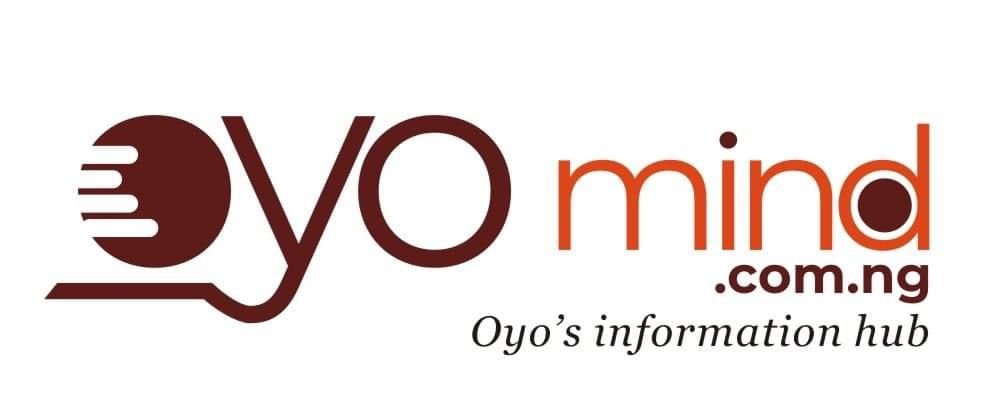For every contribution one makes in life to save life and give hope to the hopeless, there is a reward. Although, such honour may not commensurate with the quantum of contribution made by the visionary leader who wants everyone to leave happy and healthy life, but it will spur such a personality to do more.
Unarguably, Senator Rilwan Adesoji Akanbi has made tremendous contribution to the health sector, little wonder the prestigious Ibadan College of Medicine Alumni Association (ICOMAA) Worldwide honoured Okanlomo of Ibadan with an award in recognition of being the Chairman of one of the ICOMAA’s Day Celebration.
All graduates of Ibadan School of Medicine automatically become member of prestigious association, notable among the members of the association are; Emeritus Professor Oluwole Akande, Prof. Oluwabunmi Olapade-Olaopa, former Minister of Health, Prof. Isaac Folorunsho Adewole, immediate past Chief Medical Director, University College hospital, Prof. Temitope Alonge, Dr. Abib Olamitoye.
Prior the award, senator Akanbi has always been advocating for the need for the country to stop the brain drain that has become order of the day in the health sector if truly Nigeria wants to retain her lost glory in the sector where leaders and citizens of other countries come to Nigeria to receive treatment.
Senator Akanbi noted that there are several factors responsible for the high rate of brain drain in Nigeria’s health sector. According to Senator Akanbi, they include poor salary and emoluments, low work satisfaction due to poor eorking conditions, inadequate opportunities for career progression, poor quality of practice due to lack of equipment, poor treatment of the sector by the government among others.
In order to transform Brain Drain to Brain Gain in Nigeria’s Health Sector, Senator Akanbi prescribed two critical pathways out of this crisis, he said there is urgent need to stem the tide of emigration of highly trained health professionals. This according to him requires improvement in salaries and emoluments and better working conditions.
According to Okanlomo of Ibadanland, two reasons account for more than 80 per cent of the reasons cited for emigration.
Second, he said there is the need to follow the model of some East Asian countries where special schemes were designed to attract professionals who have emigrated but are desirous of “giving back” to the motherland.
The Federal Ministry of Health in conjunction with Ministry of Foreign Affairs need to develop a data bank of Nigerian medical and health professionals currently working abroad. There is also the need to map the various groups and associations of Nigerians in that category with a view to creating incentives for them to return and offer medical and health services back home, even if on temporary rotational basis. “This will yield two benefits: First; it will boost access to high quality healthcare. Second; it will enable knowledge and technology transfer. In the process, Nigerian would have succeeded in transforming brain drain to brain gain”.






















